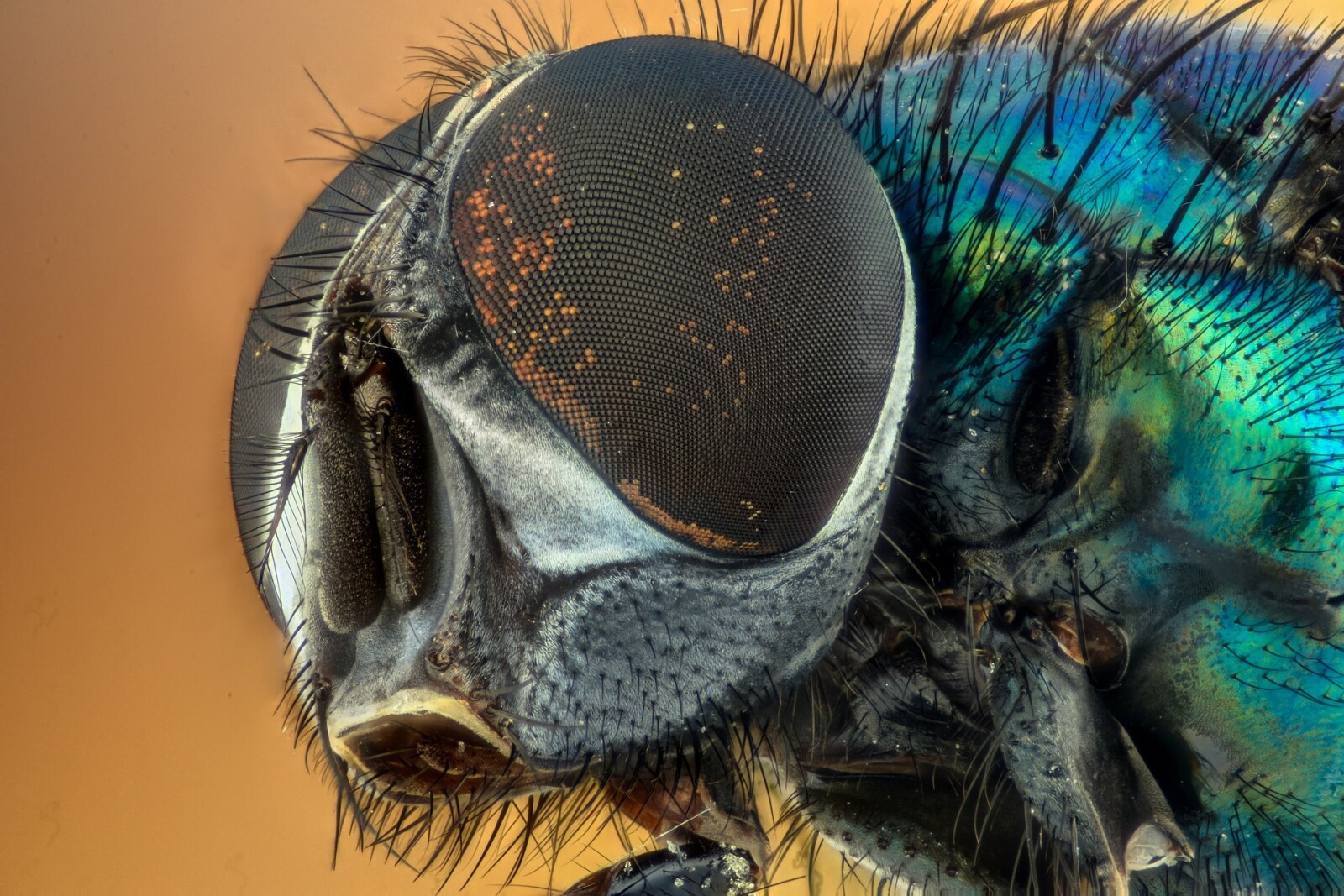5 Ridiculous-Sounding Questions It Somehow Took An Expert to Answer

When we’re children, to encourage our curious natures, we’re often told that “there’s no such thing as a stupid question.” It’s a good thing to tell a child, as the last thing you’d want to do is stifle their desire to learn. Once you have a decade or two of life under your belt, though, there are absolutely stupid questions, and ones you’ll be rightfully mocked for. “If the earth’s not flat why aren’t we falling off?” That’s not my job to explain anymore, bud. You gotta hit the library or at the very least, Google.
Some questions that are definitely a little less than studious might end up producing some genuinely interesting answers, though. After all, scientists do have to explore more things than just the greatest mysteries of life. And just because something’s only a little weird and not a threat to the greater population doesn’t mean somebody shouldn’t check it out.
Don't Miss
To that end, here are five ridiculous questions that required an expert to answer…
Is Salt the Only Delicious Rock?

Usually, thinking about rocks ending up in your food brings up the image of a fumbled pizza on a gravel driveway, and something you wouldn’t consider eating unless you love dentist visits. There is one rock, though, that not only do we regularly ingest, but that makes up a genuinely important part of our diet: salt (specifically rock salt). A sprinkle of salt sounds a whole lot more appetizing than a dusting of tiny rocks, but it’s part of pretty much any modern recipe.
The natural question, then, is if there’s any other solid mineral that’s used for its taste the same way. Is granite secretly packed with umami, or shale a delicious sweetener? It turns out, not really. Adding to salt’s strange uniqueness, it’s maybe the only mineral taste we crave without a diagnosis of pica. Other minerals do have tastes, but none of them are particularly toothsome, at least not enough to enter our culinary domain.
What Do Blind People Dream About?

The phenomenon of dreams is fascinating. They inspire journals, contested fields of psychology and good fiction. You’d think that with our brain being responsible for all our day-to-day thoughts, it would also be able to more easily explain why we just had a dream about climbing a huge version of Vin Diesel’s head like Everest, but it remains stubbornly silent.
One twist that adds another confusing level is wondering about the dreams of people who were born blind. Given that they can’t, and never have, visually seen anything, do they see in dreams? This question piqued enough curiosity to get a study done, which found that congenitally blind subjects had increased elements of smell, touch and sound in their dreams, mirroring their real-life experiences. They were also more likely to have nightmares, because if there is a God, they are cruel.
What Happened to All the Bugs on Windshields?

Thinking back to an unwashed family car post-road-trip, you might remember a generous smattering of insects that were all over the windshield. Motorcyclists were well acquainted with the taste of an unlucky fly, too. So why don’t we see the same kind of mass glass bug graves today?
Well, it turns out all the knobs we’ve been constantly twisting on the planet’s ecosystem weren’t great for bugs. There’s a whole lot of doom behind what might seem like a convenience, as scientists found that the planet’s flying insect biomass, across all species, is down by approximately 75 percent. So enjoy less chaotic picnics in the light of the sun that will probably kill us all sooner than we’d like.
Do Butterflies Remember Being Caterpillars?

I will say, some of these questions have an absolute beauty to them, and “do butterflies remember being caterpillars?” might be my favorite of all. It’s the kind of innocent query a kid would throw at a parent from the backseat on the way to Burger King and fuck up their whole week. Later that night, the kid’s happily snoring with a belly full of French fries and their dad is staring at the bedroom wall until the morning sun hits their retina.
Scientists must have found it just as interesting, as they did a study to try to figure it out. They trained caterpillars to associate the smell of ethyl alcohol with an electric shock, leading to them avoiding the smell. They then, post-glow-up, exposed the butterflies to the same scent, and found that they had retained their deep hate for the very bad, no good, shock smell. So if you ever fuck with a caterpillar, know that someday, a butterfly might be coming for you.
Is Estrogen in the Water Making Frogs Gay?

Let’s tap a nail into this post with one of the favorite ridiculous questions of our modern times, distributed mostly by Alex Jones and other, equally red podcasters. It’s difficult to compress the full insane ramblings and small variations they fire out, but the basic idea is that chemicals in the water, especially estrogen, are turning frogs into homosexuals, and obviously, the same is happening to our dear children every time they take a gulp at the water fountain.
This theory, it turns out, is based on scientific studies, but only in the way that the movie King Kong is based on the work of Jane Goodall. One study in question found that a common pesticide could have effects on frogs changing their sex. Another found that estrogen could do the same, but they specifically indicate it’s not synthetic estrogen, like the birth-control laced piss run-off that has podcasters' blood pressure so high.
But before you yank that spit-stained microphone closer and pivot to make this about trans people, keep in mind that there’s absolutely zero reason to believe this extends to humans, and animals changing sex is not uncommon in nature, with some species of frogs and other animals like clownfish already having that ability.